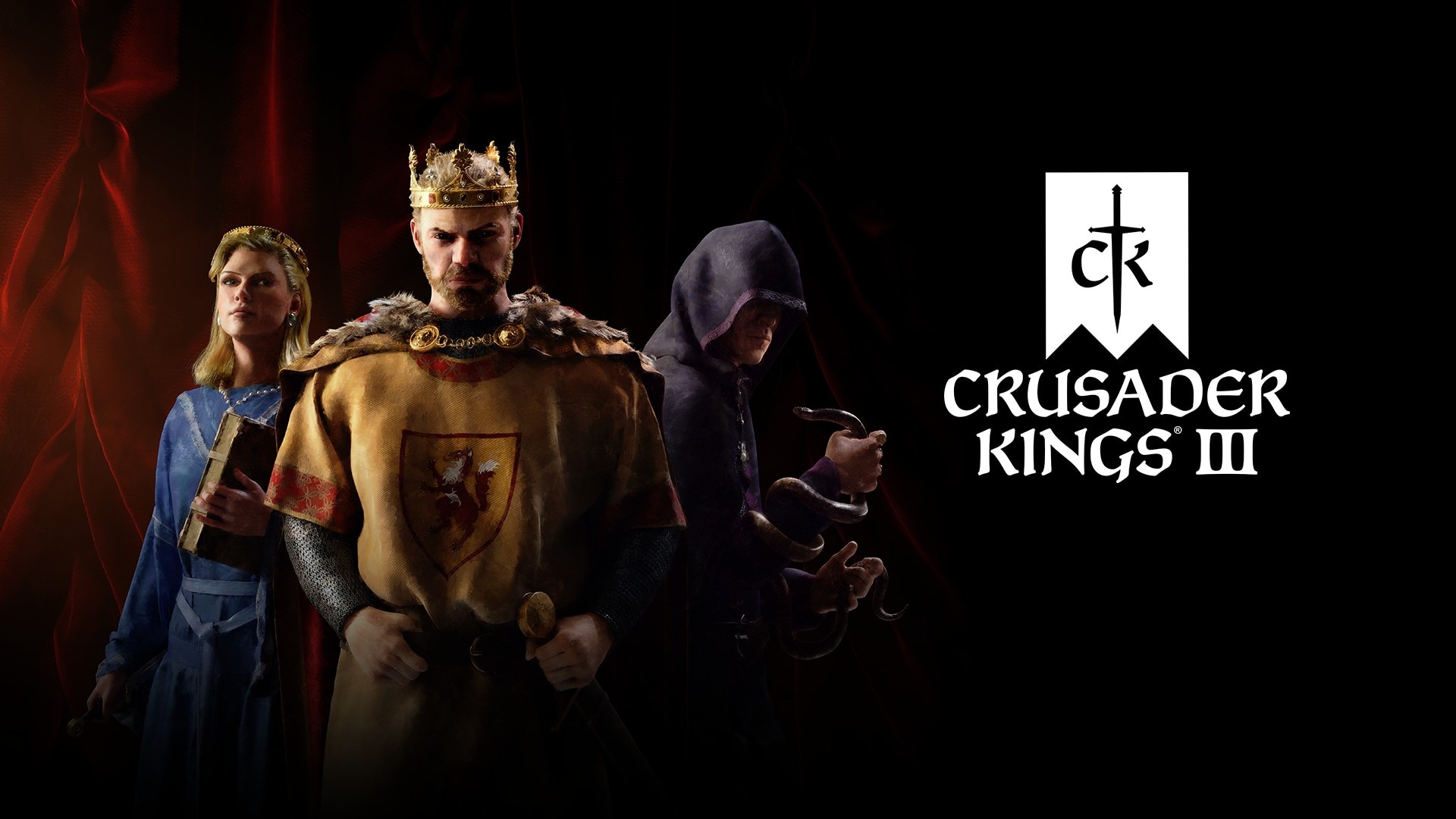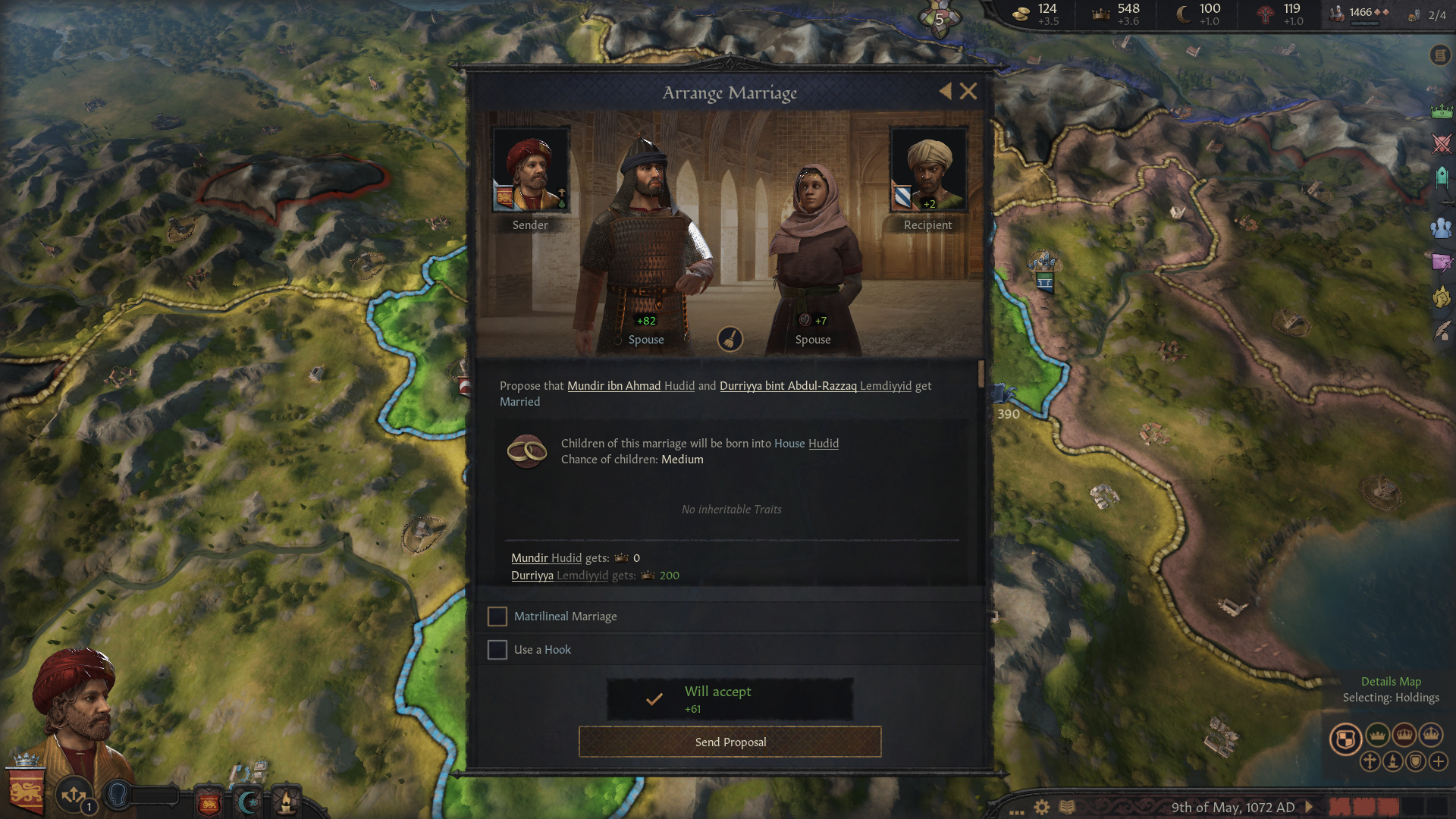
Crusader Kings III (CK3) stands as one of the most intricate and engaging grand strategy games created by Paradox Interactive. Central to CK3 is the complex family tree management system which allows players to navigate through various dynasties and their respective lineages. With careful management, players can secure their dynasty’s future and enhance their power significantly within the medieval world.
The essence of family tree management in CK3 is not merely about lineage, but about creating a robust empire filled with influential characters. This article delves into the strategies to navigate through your dynasty and explores the importance of relationships, titles, and marriages in the game.
Understanding Family Trees in Crusader Kings III
The family tree in Crusader Kings III acts as the backbone of gameplay and storyline development. It visually represents your lineage, highlighting key relations, such as heirs, siblings, and extended family members.
Players should familiarize themselves with the mechanics of family trees, as managing these relationships effectively can lead to powerful alliances and inheritances. The depth of the family tree allows players to see not only direct descendants but also potential spouses and allies in your quest for supremacy.
The Importance of Dynastic Succession
Succession laws and policies play a fundamental role in shaping your dynasty's future. Understanding the different succession types, such as primogeniture or gavelkind, can greatly influence how your titles are passed down through generations. This knowledge directly impacts familial relations, as fraternal rivalries or sibling disputes may arise over claims to lands and titles.
In CK3, players must consider the implications of their chosen succession laws and how they tie into the family tree dynamics. By ensuring that your heirs are equipped with the right skills and traits, you create a more stable and prosperous dynasty.
Forming Strategic Marriages
One of the most vital strategies to strengthen your dynasty in CK3 is through strategic marriages. Marrying off characters in your family tree can forge powerful alliances that benefit your realm.
Balancing the political advantages of marriages with the emotional aspects of your dynasty's relationships can be challenging. Players should seek out potential spouses who bring beneficial traits or significant claims that can add strength to your family lines. This could mean marrying a powerful knight, a wealthy heir, or a character with influential connections.
Managing Relation Dynamics
Relationships among family members can significantly affect gameplay in CK3. Players need to maintain healthy relationships by managing interactions among family members through focused diplomacy and ensuring their characters do not fall into feuds or grudges.
Utilizing the family focus system allows players to foster positive traits and characteristics among their characters, enhancing their potential as heirs and rulers. By promoting kind and just figures in the family, players can create a more unified dynasty that avoids internal conflicts.
Character Traits and Their Influence
Character traits, habits, and skills play a significant role in CK3's family tree management. They determine how characters perform in various situations, including inheritance, diplomacy, and warfare.
Strong traits such as 'Diligent,' 'Just,' or 'Ambitious' can drastically improve how society perceives your characters. Furthermore, focus on nurturing these traits in younger family members can aid future generations in ensuring the longevity and power of your dynasty.
Using Titles to Your Advantage
Access to titles and lands can make or break a dynasty. Successfully managing your titles within the family tree involves granting titles to appropriate characters while ensuring that they remain loyal to your rulership. This often means bypassing inheritance to enforce loyalty and consistency of power.
It is crucial to keep track of who holds which dukedom or county within your realm. With careful consideration of titles within your lineage, you can manipulate allegiances and conflict resolution to your benefit.
Leveraging Alliances for Power
Alliances formed through the family tree can be decisive in military and political ventures. Whether through marriage, friendship, or even vassalage, the ability to depend on other powers can bolster your strength when conflicts arise.
Players should always weigh the risks and benefits associated with forming alliances, especially if a potential ally’s ambitions might threaten the stability of your dynasty. Effective communication through diplomacy is key in fostering relationships that can turn into fruitful alliances.
Expanding Your Family's Influence
Remember that your ultimate goal in Crusader Kings III is to expand your family's influence across the map. This requires both focusing on the family tree's internal dynamics while also strategically navigating the political landscape surrounding you.
Whether you prepare for warfare or forge alliances, keeping your family tree's stability and strength at the forefront of your strategy will ensure that your dynasty prevails through age and conflict.
Conclusion: Building a Lasting Dynasty
In conclusion, managing your family tree in Crusader Kings III is an art form that combines strategic planning, relationship management, and character development. The successful application of these principles will allow you to strengthen your dynasty and ensure its legacy for generations to come.
By understanding the complexities of succession, leveraging marriages for power, and maintaining strong relations within your family, you can navigate the turbulent waters of medieval politics. May your dynasty thrive and extend its legacy across the realms!





.webp)

